We use cookies to ensure that we give you the best experience on our website. If you continue to use this site we will assume that you are happy with it
Minnesota Background Check (MN) Guide: Beware These Local Laws
 Written by Background Check Repair
Written by Background Check Repair
Background Checks | June 10, 2024
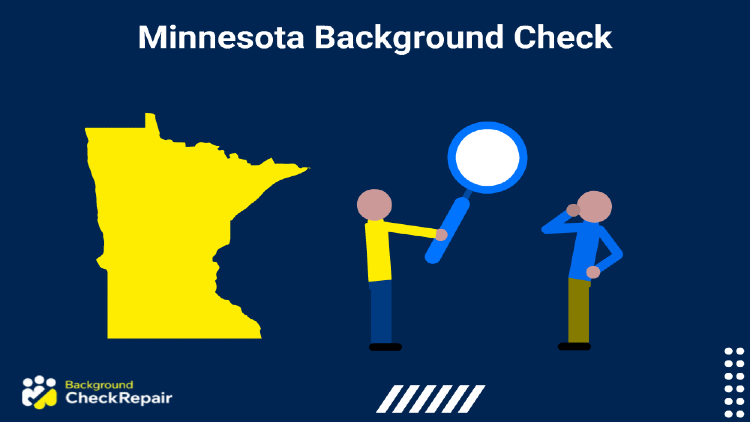
Table of Contents
A Minnesota background check is different from those in other states due to the large number of local laws that may vary from city to city. This guide outlines the information both employers and applicants need to know before undergoing a Minnesota background check, as well as many of the local laws to be aware of.
A complete and legal Minnesota background check should include checking for any county-level restrictions or regulations, as these vary greatly depending on where an applicant lives in the state. In Minnesota, any third-party company that conducts a criminal history background check must have written consent or authorization to access private information.
And that’s just the beginning.
Keep in mind the information below is highly specific to Minnesota. Obtaining a federal records check on yourself or others has its own set of rules and regulations.
Minnesota Employment Check Laws (and Local Mandatory Conditions)
Background checks in Minnesota are subject to a variety of federal, state, and local laws. Minnesota background checks have specific regulations that apply to employers who request employee or job applicant background reports.
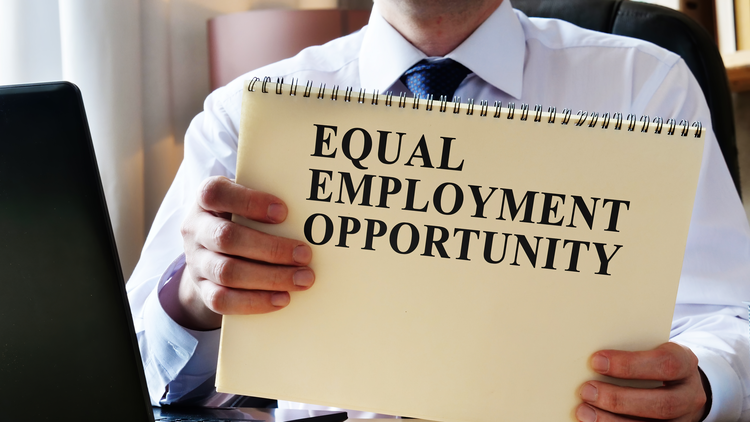
In addition, all employers in the state should familiarize themselves with any local laws related to employment screening before requesting a Minnesota criminal background report from an individual or agency. Local municipalities also have their own employment screening ordinances that employers must abide by.
- Federal Laws on Employment Background Checks in Minnesota
Federal laws regulating background checks in Minnesota fall under the Fair Credit Reporting Act (FCRA), which:
- Requires employers to provide an authorization and disclosure notice when requesting criminal background checks.
- Requires that all consumer reports be used for employment purposes.
- Specifies how long consumer reporting agencies must keep information on file.
- States guidelines for what type of information can be included in a criminal background check.
- Provides legal recourse if there is an error.1
In addition to the FCRA, Title VII of the Civil Rights Act of 1964 in the US makes it illegal for employers to discriminate against employees and applicants based on race, color, religion, sex, or national origin. Title VII provides justice for minority groups and is enforced by the Equal Employment Opportunity Commission (EEOC), which also protects employees from discrimination based on age or disability. Arrest or conviction history cannot be unfairly used against applicants from any of the protected classes mentioned above.
Coverage from these federal laws may only apply to Minnesota job applicants or employees depending on the type of job they seek and what type of information an employer has requested.
- State Laws in Minnesota Regarding Employment Background Checks
In addition to the FCRA, employers should be aware of state laws that impact employee screening:
- The Minnesota Human Rights Act prohibits employment practices that discriminate against a person because of race, color, creed, religion, national origin, sex, marital status, disability, or genetic information. A criminal history record can disproportionately impact minorities, so employers should review their policies to ensure they are not discriminating when using criminal histories to make adverse hiring decisions.
- The Minnesota Government Data Practices Act restricts how state agencies may use certain data. Applicants must provide authorization for background screenings and all criminal history reports must be accurate. Applicants have the right to dispute the accuracy of a report.2
- Minnesota “Ban the Box” laws prohibit employers from asking about arrest and conviction records on job applications. Applicants may only be asked about criminal history during the interview process or after a conditional offer of employment is made. If employers cannot make a conditional offer of employment, they may still deny employment based on a criminal conviction but must provide a specific reason as to why the applicant was denied.
- Local Laws in Minnesota Regarding Employment Background Checks
Local governments often put their own restrictions on what information can be included in a background check and how it is used. Employers should be familiar with any county or city ordinances affecting how they screen employees.
The cities of Minneapolis and St. Paul mandate additional employee screening restrictions, including the following:
- Employers are not allowed to consider an applicant’s criminal history before making a conditional offer of employment or selecting an applicant for an interview.3
- Criminal records older than seven years cannot be used in hiring decisions unless they are job-related and consistent with business necessity.
- Employers may only use publicly available court records without receiving consent from applicants or employees for purposes of employment.
How To Run a Minnesota Background Check or Obtain Minnesota Criminal Records
There are several ways to run a Minnesota background check or obtain criminal records in the state. The easiest way is by using a reputable online background screening company. These paid service providers will let you know if there are any specific restrictions or regulations in the state that may impact the search process.
Trustworthy background check companies will also provide the necessary documentation to comply with state and federal US laws. An appropriate criminal records provider or employment screening company will be able to provide an FCRA disclosure notice, authorization form, and a right of refusal form before reporting results.
While you can obtain background checks for free, like in the case of the Lone Star State’s free public arrest records (Texas), you should be aware that free criminal records may not meet the legal requirements necessary for employment screening purposes. The data provided by these free background companies can be unreliable and frequently contains errors that could lead to an applicant being unfairly denied employment. This is one reason why determining a person’s middle name is sometimes an important first step before beginning a search of Minnesota public records.
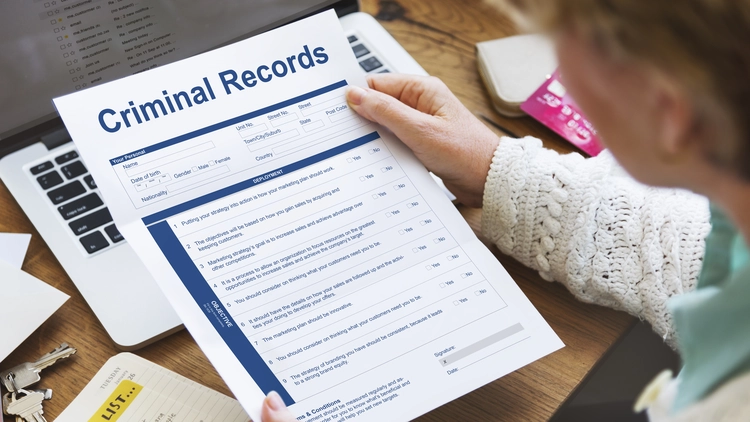
Another option is to contact the appropriate government agencies where you are seeking public records. Some counties offer this service free of charge (although it varies by locality). The types of records that are accessible to the public are also dependent upon the specific state laws regarding public access to government documents.
Employers who are unable to use an online provider will need to file a formal request for information with the county or state government division responsible for maintaining records in that area. This can be time-consuming and, depending on the agency’s workload, weeks or months may pass before a response is issued.
Anyone can purchase public criminal records directly from the Minnesota Bureau of Criminal Apprehension (BCA). The BCA does not perform background checks on the general public, but it is possible to access a copy of an individual’s public criminal history through their website. If you are looking for ways to know if a person has an arrest record, the BCA database can confirm whether or not an individual has a criminal conviction on their record. This can also include tax history if more than $10,000 is owed to the IRS.
The last option available for employers to screen applicants is to hire a private investigator. While this can be costly, it may be helpful if conducting an employment background check on your own or if you have concerns about the information provided to you is inaccurate or incomplete. Employers are responsible for checking their state laws regarding licensing and insurance requirements before hiring a private investigator.
If you are considering hiring an employee, it is important to keep these local and county laws in mind when conducting a Minnesota background check. Be sure that you meet all legal requirements before making any employment decisions.
What Information Is Provided in Minnesota Background Checks?
When conducting a comprehensive Minnesota background check you will need to obtain the person’s full legal name, date of birth, and social security number. Make sure that the information submitted by all parties is accurate for the background check process. Fingerprinting is an additional method of background screening that is not required by law but can be more reliable than simply checking court records.
The content of a criminal history report is different from state to state. In Minnesota, criminal records will include a person’s conviction date and the sentence imposed. This information is considered public record with some exceptions (juvenile offenses included). The public has the right to access most criminal records in Minnesota, but there are certain cases where individuals can have their information removed or restricted. Sealed or expunged records are not available to the general public and cannot be used for hiring purposes.
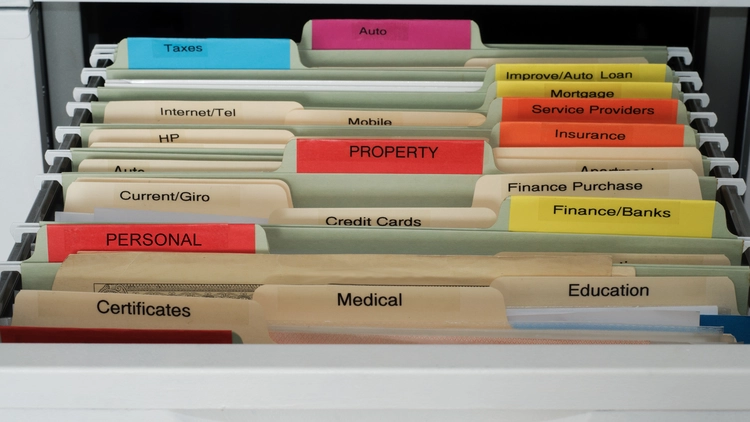
Will police reports be included in background investigations in Minnesota? If these have led to a conviction, the answer is likely yes.
Employers can access certain sensitive personal data such as private records by obtaining a background check authorization form from the applicant. These forms need to be notarized and must include an expiration date (one year is standard). The only information that can be shared with employers under state law are records of incidents resulting in convictions, arrests, or probation.
Generally speaking, Minnesota law does not limit who can access public records except in cases where the person’s identity is protected. This exemption does not apply to the state sex offender registry which is accessible by anyone.
When running a Minnesota background check, it is important to gather as much information about the applicant as possible. That way you can avoid any legal issues that may arise from an unauthorized or incomplete background investigation.
Local MN Background Check Laws and Public Record Information
If you need to conduct a background check on an individual for employment purposes, the Minnesota State government recommends using only public records. This is because there are local laws associated with conducting private investigations within city limits that could land you in hot water if not followed properly.
Private investigators can be held liable by state or federal agencies for violating privacy rights while collecting background check information. When conducting an investigation, be sure to follow Minnesota state and federal background check laws and only use public records as the basis for your employment screening report.
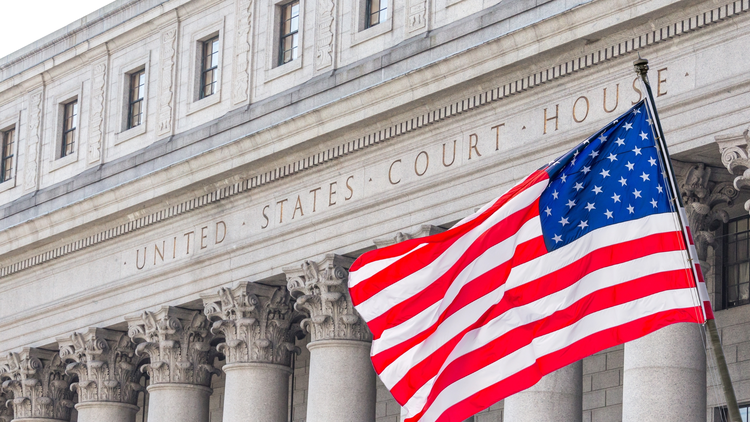
Minnesota criminal records should be available through the county sheriff’s office in which the applicant lives. The Minnesota Department of Public Safety and Bureau of Criminal Apprehension also maintains an online database for criminal records, but police departments make the determination to include or exclude criminal histories from this database based on state laws and individual department policies.
Employment screening agencies that provide criminal history reports and other similar products are required by state law to conduct an in-depth search of all available public records. The information provided must be accurate and up to date. If inaccuracies are found, applicants have the right to request that the agency correct their records and amend any false information.
In most cases, a criminal history report conducted by an employment screening agency will contain information from county and state records. Criminal and civil records that are not available for public access include those that have been expunged, sealed, or restricted by law.
The MN court system usually keeps misdemeanor offenses on record for up to four years after a case has been resolved in court. After 4 years have passed, these convictions can be purged from all public records with an expungement.
Minnesota counties keep most court records on file for a maximum of ten years, with some records being kept indefinitely.4 This means that even if your candidate has had no run-ins with the law and you wish to conduct a thorough background check, there is still potential to find information using public records available via Minnesota the court system.
Who Can Obtain a Minnesota Criminal Background History or Criminal Background Check
If you have ever wondered about conducting a records check, Minnesota law allows individuals to conduct checks on themselves, family members, friends, and others for a variety of reasons. However, anyone who wants to run a complete criminal history report in MN is required by law to have the consent of the person whose record they are running. This protects citizens from having their private information used against them without proper authorization and knowledge.
In some cases, companies are required by state law to conduct a Minnesota background check before hiring potential candidates. For example, companies that hire school bus drivers and/or childcare workers for positions transporting or caring for minors must run background checks before employment can be finalized.
An employer who chooses to use employment background checks should always request information from public records to be used as the main source of data. Private investigation agencies are prohibited by state law in Minnesota from conducting criminal investigations without first receiving permission or a court order.
Minnesota is a state with many different city ordinances that may hinder your background check efforts. If you are looking to conduct employment background checks, be sure to only use public records in order to remain in compliance with all state and federal US laws.
Private investigators can face liability for violating privacy rights if their investigations do not follow Minnesota law or the federal laws set in place by the government. Employers should always request information from public records when conducting any type of screening process before hiring potential candidates. This will ensure accuracy and up-to-date data about an individual, which could provide more insight into whether they would be a good fit for hire.
Utilizing a Minnesota background check to screen potential employees will help companies hire individuals with the best employment background in order to protect their business.
References
1FTC. March 2018. Background Checks. FTC. 22 November 2021. Web. <https://www.consumer.ftc.gov/articles/0157-background-checks>
2Kunz, Robyn. 12 June 2018. 3 Minnesota Background Check Laws That Are Crucial to Your Hiring Process. Trusted Employees. 22 November 2021. Web. <https://www.trustedemployees.com/learning-center/articles-news/3-minnesota-background-check-laws-that-are-crucial-to-your-hiring-process>
3Office of the Revisor of Statutes. nd. 2021 Minnesota Statutes. Minnesota Legislature. 22 November 2021. Web. <https://www.revisor.mn.gov/statutes/cite/364.021>
4Minnesota Judicial Branch. 23 August 2021. Minnesota District Court Record Retention Schedule. Minnesota Judicial Branch. 22 November 2021. Web. <https://www.mncourts.gov/mncourtsgov/media/scao_library/MN-District-Court-Record-Retention-Schedule.pdf>
